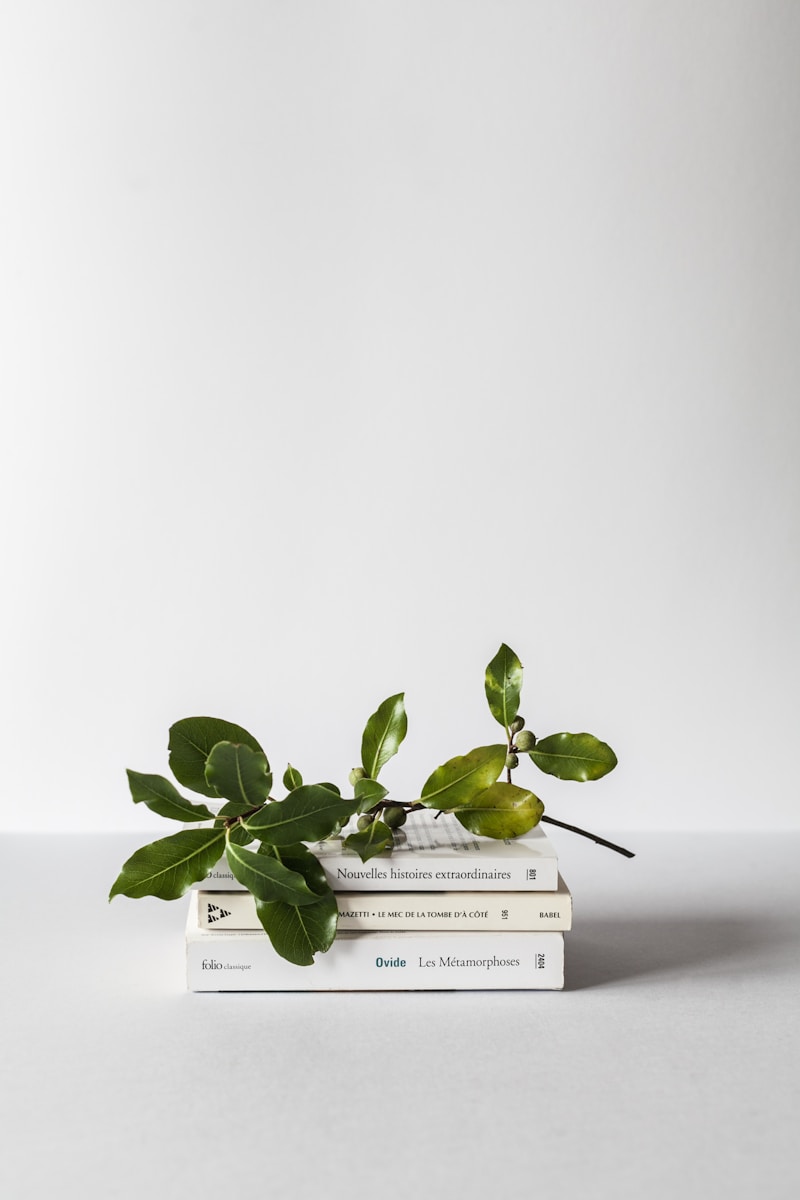How minimalism is reshaping our financial lives and the economy
By Diana Abdul Wahab
Maryam used to chase the weekend sales at Mid Valley like it was an Olympic sport. Her condo in Bangsar looked like a showroom: three blenders (one for smoothies, one for soups, one “just in case”), a wardrobe that needed its own postcode, and a store room so full she paid RM250 a month to keep the door closed. “I thought more stuff meant more success,” she says, laughing over teh tarik at her neighbourhood mamak. “Turns out, it just meant more stress.”
Then came the Great Downshift.
One rainy Tuesday, Maryam opened her banking app and stared at the numbers. Rent, car loan, Grab rides, bubble tea runs everything felt like a leak in a sampan. She sold the extra blenders on Carousel, donated half her heels to the orphanage, and kept only the clothes that made her feel like her. The condo breathed. The store room? Empty. The RM250 storage fee? Gone. “Suddenly I had space in my house and my head,” she says.
That’s minimalism, Malaysian style not about becoming a monk in a cave, but about choosing what sparks joy and ditching the rest. Maryam didn’t downgrade; she upgraded. She swapped fast fashion tees for two linen shirts from a local tailor that cost more but last forever. Quality over quantity. One good kettle instead of three cheap ones that die after six months. “My kettle now has a five year warranty,” she grins. “It’s basically married to me.”
The money story flipped too. Where once her salary vanished on passive spending scroll, tap, regret Maryam now plays active defence. Every ringgit is questioned: Do I need this, or do I just want the dopamine hit? The surplus goes into her Tabung Haji and a little ASB fund. “I’m not rich,” she says, “but I’m free.”
And freedom has a price tag most Malaysians can relate to: no more maintenance headaches. No more servicing three air purifiers. No more hunting for space to park the extra motorcycle that “might be useful one day.” Maryam’s monthly “stuff tax” dropped from RM600 to RM80. That’s a flight to Bali, or three months of groceries.
But Maryam is not alone. From Penang to Johor, WhatsApp groups buzz with “KonMari lah my wallet” memes. Young professionals trade Shopee hauls for hiking trips in FRIM. Families swap giant TVs for board games and home cooked nasi lemak nights. Experiences over objects. Services over goods. A RM200 pottery class beats another RM200 plastic toy that breaks before Raya.
Now, zoom out. The old economic playbook ran on planned obsolescence build it cheap, make it break, sell a new one. Endless consumption kept the GDP humming, but the planet? Coughing. The Great Downshift is poking holes in that script. When millions of Maryams stop buying junk, factories slow, malls echo, and advertisers panic.
Yet the economy doesn’t have to shrink it shifts. Money flows from disposable goods to durable ones, from plastic toys to tuition fees, from fast fashion to ethical local brands. A tailor in Kota Bharu gets steady orders. A hiking guide in Sabah books weekends solid. A bike mechanic in Ipoh smiles when customers ask for repairs, not replacements. Sustainability becomes profit.
Bank Negara’s quiet data backs it: household savings rate hit a five year high in 2025. Pawn shops report fewer luxury handbags, more people redeeming old gold for emergencies. The downshift is real.
Maryam sips her teh tarik, now in a single cherished mug. “I still shop,” she says, “but now I shop like a boss. My own boss.” Her condo is half empty, her wallet half full, and her weekends? Full of sea breeze in PD, not storage fees.
The Great Downshift isn’t a fad. It’s a correction. Less clutter, more cash. Less waste, more wonder. And for the economy? A chance to grow up, not just grow out.
Dr Diana Abdul Wahab is a senior lecturer at the Department of Decision Science, Faculty of Business and Economics, Universiti Malaya, and may be reached at diana.abdwahab@um.edu.my
